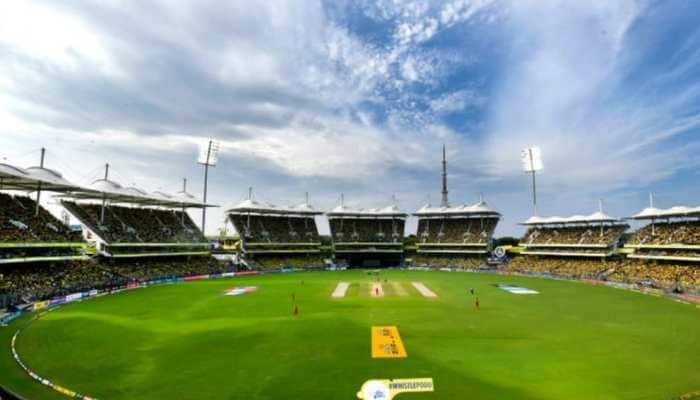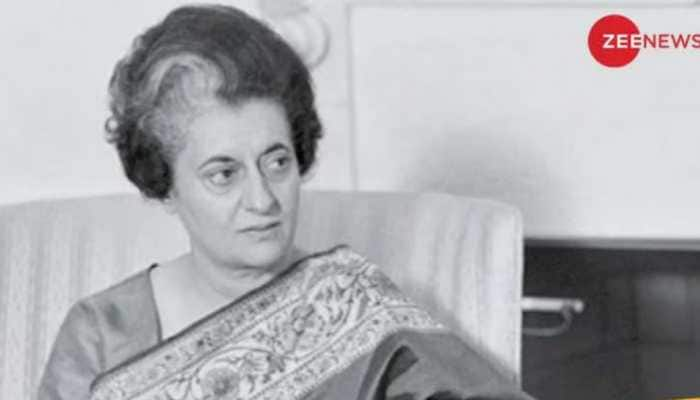Lok Sabha election: TMC faces Left legacy, BJP's ascent in Balurghat
The Balurghat Parliamentary constituency, close to the India-Bangladesh border, represents mostly the South Dinajpur district and has over a million electorates.
Trending Photos
)
BALURGHAT: With a long-pending railway project, lack of development, scarce job opportunities and rampant infiltration and smuggling in the region, West Bengal`s ruling Trinamool Congress (TMC) has its task cut out in retaining the Balurghat Lok Sabha constituency in the face of formidable challenge from the BJP and the traditionally strong Left outfit, RSP.
The Balurghat Parliamentary constituency, close to the India-Bangladesh border, represents mostly the South Dinajpur district and has over a million electorates.
Of its seven Assembly segments -- Kushmandi, Kumarganj, Balurghat, Tapan, Harirampur and Gangarampur -- come under South Dinajpur, while Itahar is part of the neighbouring North Dinajpur district. The constituency votes in the third phase of Lok sabha elections on Tuesday.
The constituency was dominated by the Left parties, including the Revolutionary Socialist Party (RSP), which won for 10 straight terms from here before finally losing out to Trinamool Congress` (TMC) Arpita Ghosh in 2014.
Ghosh defeated her closest rival Bimalendu Sarkar of the RSP by more than 1.6 lakh votes. Bishwapriya Roychowdhury of the Bharatiya Janata Party (BJP) emerged third, while senior Congress leader Om Prakash Misra finished a distant fourth.
This year, Trinamool has fielded Ghosh again from the seat, while the RSP has gone back to its four-time MP Ranen Barman (1996-2009). BJP`s Sukanta Majumdar and Congress` Abdus Sadeq Sarkar are also in the fray, making Balurghat a four-cornered battle.
Ghosh, a theatre activist, seemed a perfect match for Balurghat, which is known for its distinguished taste in culture, especially theatre. However, her candidature met with stiff opposition from within the Trinamool`s local unit due to her alleged absence from the constituency over the last five years.
The incumbent MP calls it a "temporary confusion", which is over now. "It was a temporary problem. Right now we are working as a unit. There is no more confusion after our leader Mamata Banerjee talked to the party`s district leadership and conveyed her message. We are working together. This time our margin of victory will increase further," she said.
Meanwhile, the BJP, which increased its vote share in the constituency by more than 14 per cent in the last Lok Sabha polls, is sure of winning the seat "provided the people of Balurghat are allowed to cast their votes".
"People of Balurghat were not allowed to vote in the last state rural body elections. Hopefully the situation will change this time. If people are able to cast their votes freely, the BJP will surely emerge victorious from here," said BJP candidate Sukanta Majumdar, a reputed botanist from Gour Banga University.
The party is banking on its increased organisational strength, people`s displeasure over infiltration from Bangladesh and the lack of an alliance between the Left and the Congress.
Prime Minister Narendra Modi`s recent election rally in Buniyadpur proved that Balurghat is on the priority list of the saffron party, along with a number of other north Bengal seats.
The Left Front, which bagged three out of the six seats in South Dinajpur in the Assembly polls and still boasts of a well-knit booth level organisation in the area, is hoping to emerge as the dark horse.
Its candidate Ranen Barman belongs to the Rajbanshi community, which comprises a major chunk of the population in South Dinajpur.
People complain of scarce job opportunity and lack of industries in the area. "We want jobs. Most of us have to move to Kolkata or other cities to pursue higher education and jobs as there are no opportunities here. We need factories here so that more people get employment," said Tapan Mal, a local youth.
Rampant infiltration from Bangladesh and smuggling through the porus borders are also big concerns and the Border Security Force (BSF) has banned jute cultivation within 500 metres of the border fence to prevent movement of outsiders through the fields.
"With the ban on jute cultivation, many farmers like us who stay near the border had to switch to growing paddy," said Imtiaz Ali Mondal, a local farmer.
A long pending demand of the people of the constituency is the completion of the Eklakhi-Balurghat railway project, including the 29 kilometre railway track between Balurghat and Hili near the Bangladesh border.
Proposed by Chief Minister Mamata Banerjee during her tenure as Railway Minister, the foundation stone for the project was laid in 2010, but not much work has been done since. The Opposition parties blame the Trinamool government for the delay.
"Land for the proposed project was marked, posts were installed and construction of a railway bridge started long back. But nothing has materialised so far. The land acquisition is still due," a local complained.
Stay informed on all the latest news, real-time breaking news updates, and follow all the important headlines in india news and world News on Zee News.
Live Tv







)
)
)
)
)
)
)
)
)
)
